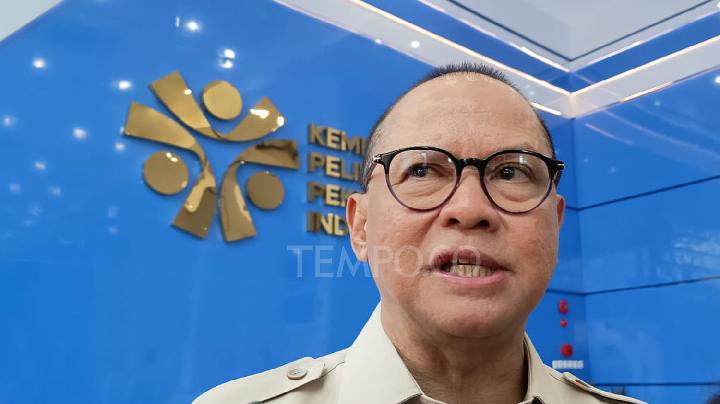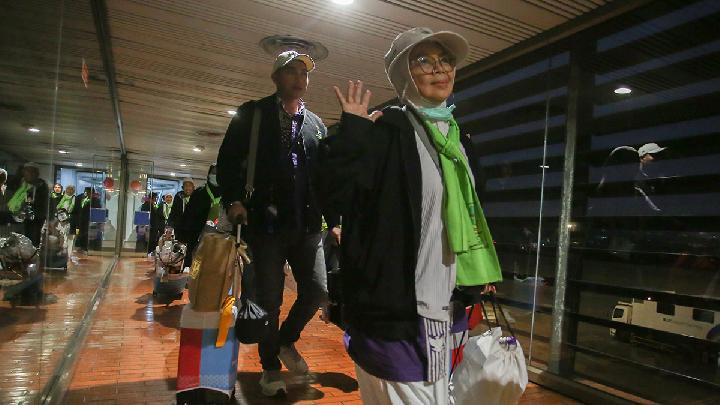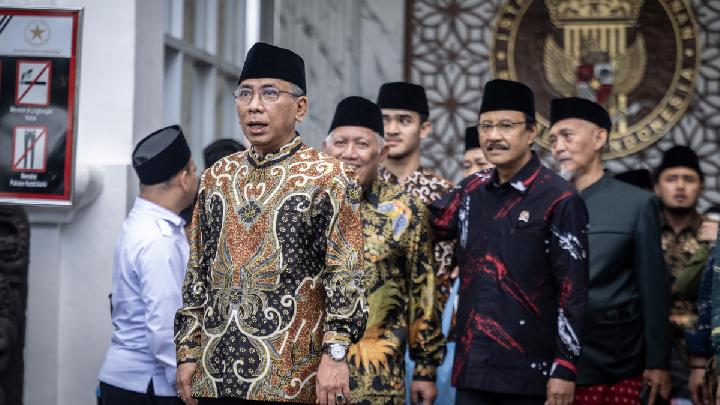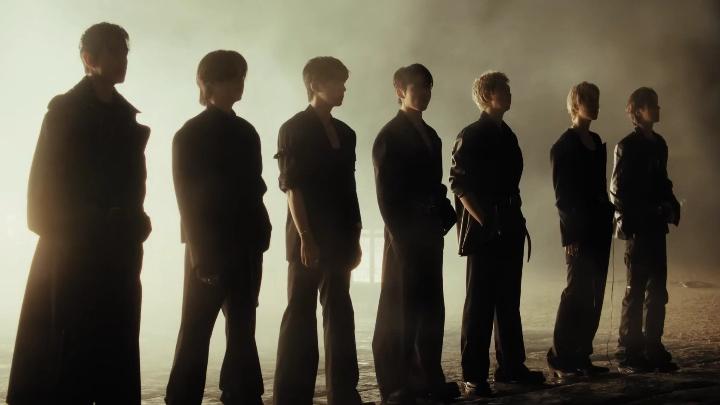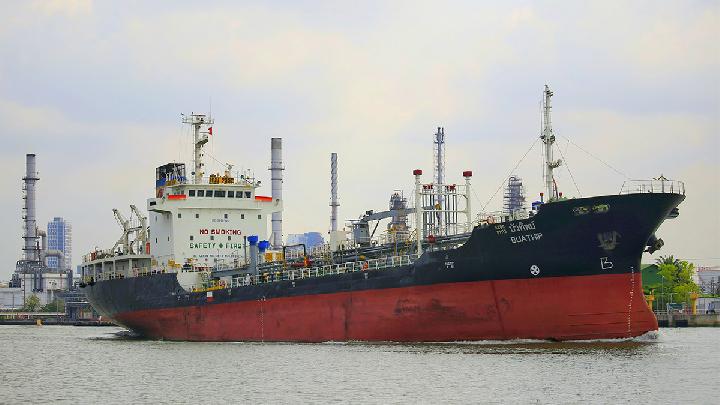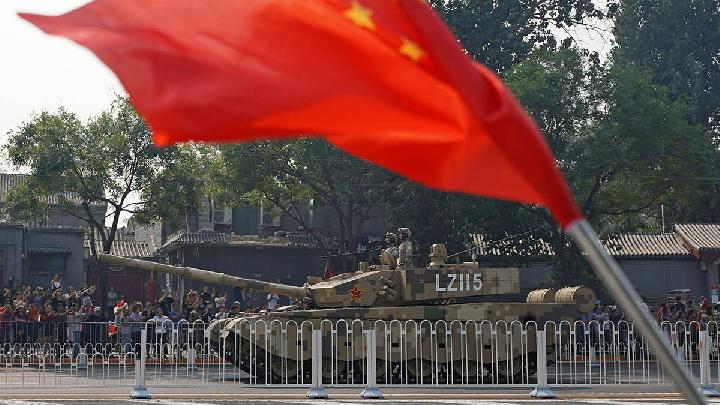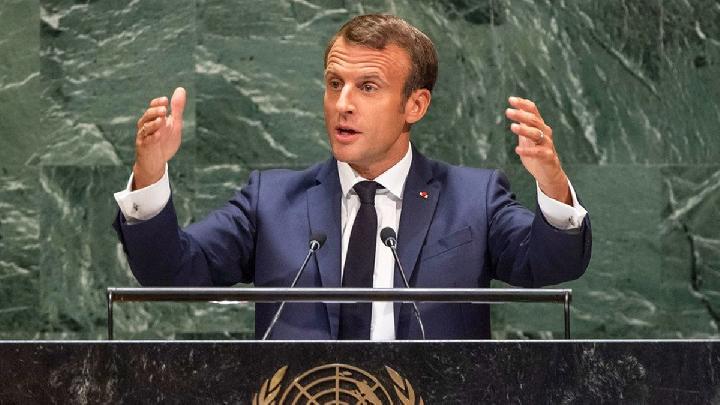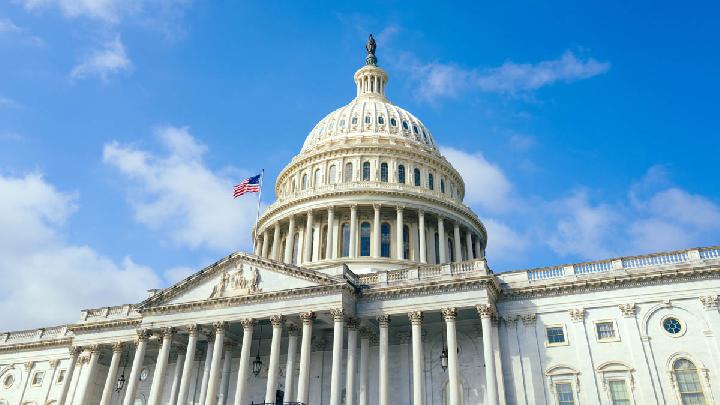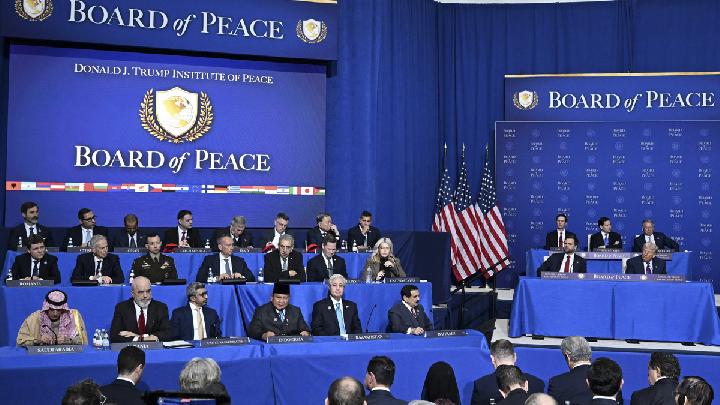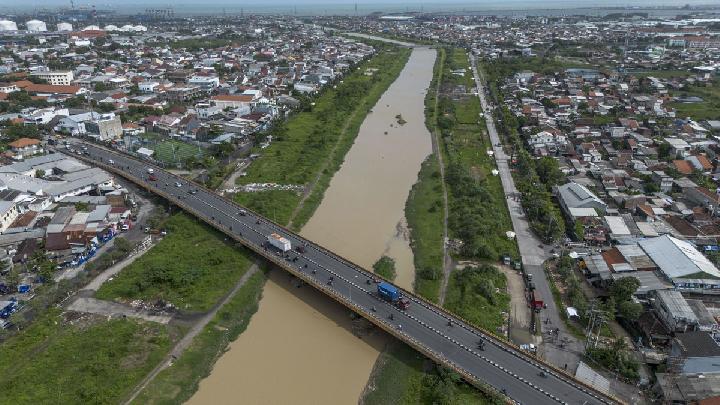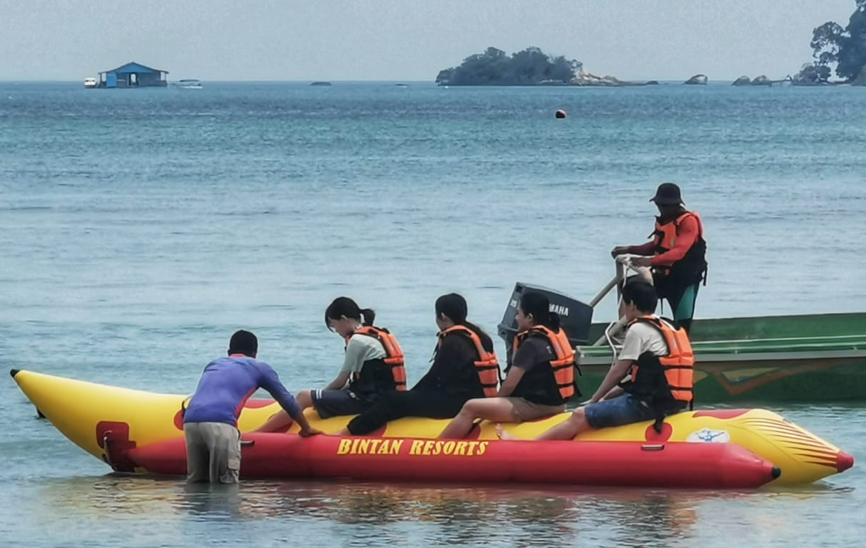October 21, 2025 | 06:35 am
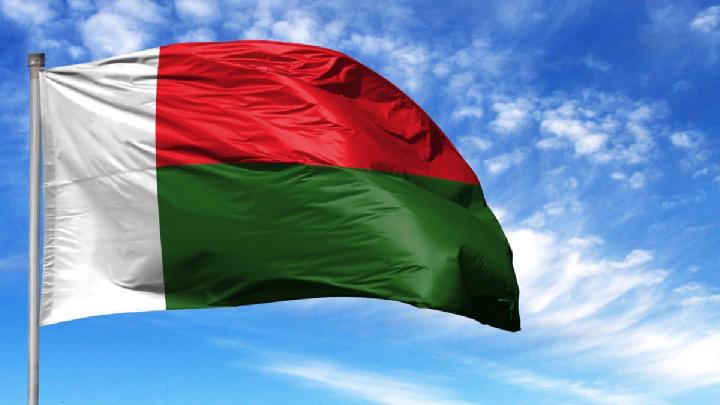
By Mattia Fumagalli, Catholic University of Sacred Heart, Milan.
On 18 September 2025, what began as scattered protests over electricity and water shortages in Antananarivo, the capital city of Madagascar, rapidly evolved into a nationwide movement. Within two weeks, demonstrations had spread to at least eight cities. The trigger was familiar: daily blackouts, unreliable taps and rising prices. Yet behind this lay years of accumulated disillusionment with President Andry Rajoelina’s rule.
In a country where three-quarters of the population live below the poverty line, the crisis symbolised something deeper – the breakdown of the social contract. The president’s decision to dissolve his government on September 29 acknowledged this pressure, but it did not calm the streets. The message from young Malagasy citizens was clear: this was not only about water or electricity, but about dignity and voice.
A digital generation comes of age
The movement that calls itself Gen Z Madagascar was born online. Organised through Telegram, TikTok and X (formerly Twitter), it borrowed global protest symbols – from the pirate flag of One Piece to the slogan “We Want to Live.” Yet these were not mere imitations. They reflected how a digitally native generation, raised amid inequality and political fatigue, reimagines protest through humour, creativity and moral urgency.
Unlike traditional political parties, the movement is horizontal, spontaneous and decentralised. Its language – memes, hashtags and short videos – makes politics accessible and emotional, turning virtual frustration into physical mobilisation.
This is part of a broader pattern across the Global South. From Jakarta to Lagos, Gen Z movements share an awareness of global injustice but operate in local idioms. In Madagascar, the grievances are specific – corruption, unemployment, failing infrastructure – but the form of resistance is unmistakably transnational.
Historical echoes of protest
Madagascar’s modern history is punctuated by popular uprisings. The years 1972, 1991, 2002 and 2009 each saw mass mobilisations that toppled governments or forced regime change. Every wave of protest was driven by a different coalition – students, civil servants, religious groups – yet the underlying pattern remains constant: when institutions lose legitimacy, the streets become the arena of reform.
The 2025 uprising fits within this lineage yet marks a generational rupture. It is the first major protest movement led by citizens who grew up after the 2009 crisis, in an era shaped by smartphones, migration and climate stress.
Their demands – electricity, education, accountability – are pragmatic rather than ideological, but they carry a deep historical charge: the desire to end cycles of dependency and decay. This generational renewal is what makes the current crisis distinctive. The political elite, largely composed of figures who have alternated in power for two decades, now faces a constituency that communicates, organises and imagines the future differently.
The fragility of a resource-rich nation
Madagascar’s paradox is structural. Despite immense biodiversity and mineral wealth, it remains among the poorest nations on earth. The island’s economic fragility stems from colonial legacies, weak infrastructure and recurrent political instability.
The 2025 protests expose how development failures translate into political ones. Chronic underinvestment in energy and water systems has made blackouts a daily experience for millions. Urban centres such as Antananarivo survive on intermittent power; rural areas are almost disconnected.
The anger of young Malagasy citizens is therefore both material and moral. It connects environmental scarcity with social inequality, showing that climate adaptation, governance and democracy are now inseparable issues on the African island.
Faith, justice and renewal
International reactions – from the UN’s condemnation of excessive force to Pope Leo XIV’s call for “social harmony through justice and the common good” – have framed the uprising within a moral horizon. Religion has long shaped civic protest in Madagascar: churches, mosques and youth associations often provide the moral language of dissent.
Today, that moral vocabulary has merged with the digital one. The call for justice is not theological but social – a demand for inclusion in a state that many perceive as absent. In this synthesis of faith and technology, Madagascar’s Gen Z reveals a new mode of political imagination, blending ancestral ethics with the immediacy of the global internet.
Between scar and renewal
Whether the 2025 uprising becomes another episode in the island’s long history of unrest or the start of genuine renewal depends on what follows. The government’s repression and curfews may silence the streets, but not aspirations.
The deeper question is whether Madagascar can transform protest energy into reform – turning discontent into participation. If it succeeds, the Gen Z movement will be remembered not only for toppling a cabinet but for reshaping what democracy means in Africa’s island state. If it fails, it will join the archive of broken hopes that haunt Malagasy politics.
Either way, a generational boundary has been crossed. What began with blackouts and empty taps has become a demand for dignity – and for the right, as protesters chant, to live.
Originally published under Creative Commons by 360info™.
*) DISCLAIMER
Articles published in the “Your Views & Stories” section of en.tempo.co website are personal opinions written by third parties, and cannot be related or attributed to en.tempo.co’s official stance.
Madagascar Military Leader to Become Transitional President
4 hari lalu
Protests against ousted president Andry Rajoelinaand were led by youth groups calling themselves "Gen Z Madagascar."
BREAKING NEWS: Madagascar Military Stages Coup Following President's Impeachment
6 hari lalu
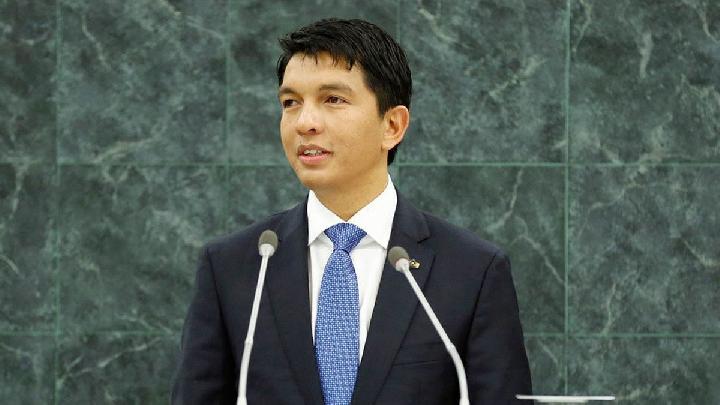
The military of Madagascar announced on Tuesday, October 14, 2024 evening that they have taken control of the country following the impeachment of the president.
What Is Indonesia's Game Rating System and How Does It Work?
6 hari lalu

The Ministry of Communication and Digital (Komdigi) has officially launched the Indonesia Game Rating System (IGRS). It has been initiated since 2016.
Madagascar President Leaves Country After Mass Protests
6 hari lalu

Andry Rajoelina has left Madagascar after losing support in the armed forces and following weeks of youth-led protests. He reportedly left Sunday.
Draft Free Meal Presidential Regulation: Peruri Involved to Accelerate Program Digitalization
7 hari lalu
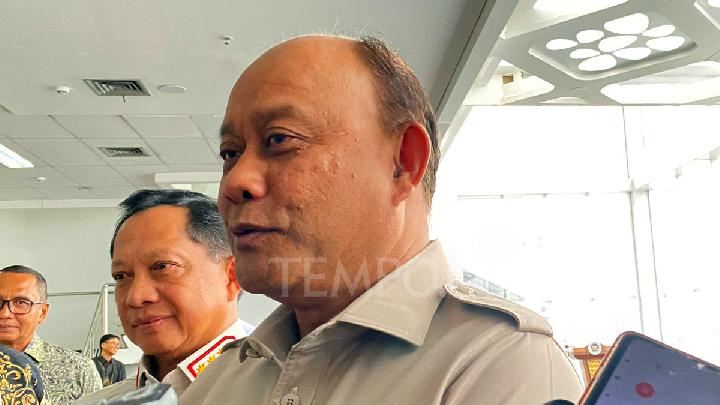
In a draft obtained by Tempo, the revised regulation on managing the free nutritious meal program consists of 55 articles.
After the Youthquake: Nepal's Fragile Path to Renewal
8 hari lalu
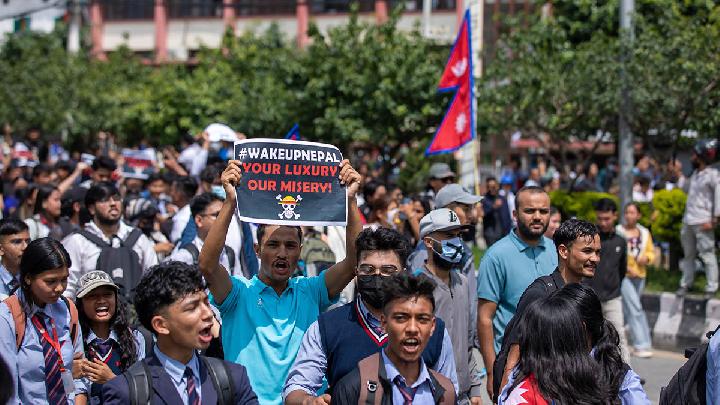
The unexpected violent movement of Gen-Z that lasted barely 48 hours brought tremendous upheaval in Nepal.
Gen Z's Challenge to Elite Dominance in South Asia
13 hari lalu
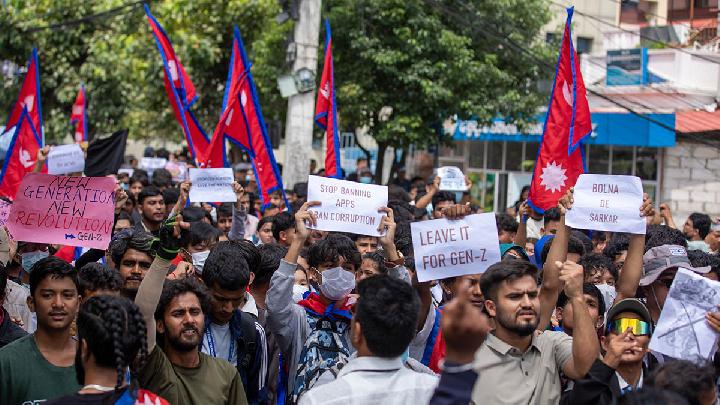
Deadly protests by Gen Z youths in South Asia: Sri Lanka, Bangladesh & Nepal show how lack of attention to inclusive development can fuel public anger
Morocco's Gen Z Leads Eight Days of Protests over Poor Health and Education Systems
14 hari lalu

Morocco's Gen Z collective, GenZ 212, has staged eight days of peaceful protests demanding better health and education services.
Indonesia Ensures No TikTok Access Restriction for Citizens Despite Suspension
16 hari lalu

Temporary freezing of TikTok's license is an administrative step in supervision, differing from access termination.
Why the Indonesian Govt Temporarily Suspended TikTok's License
17 hari lalu

On September 16, 2025, the Ministry of Communication and Digital Affairs (Komdigi) called on TikTok to provide a direct clarification.

